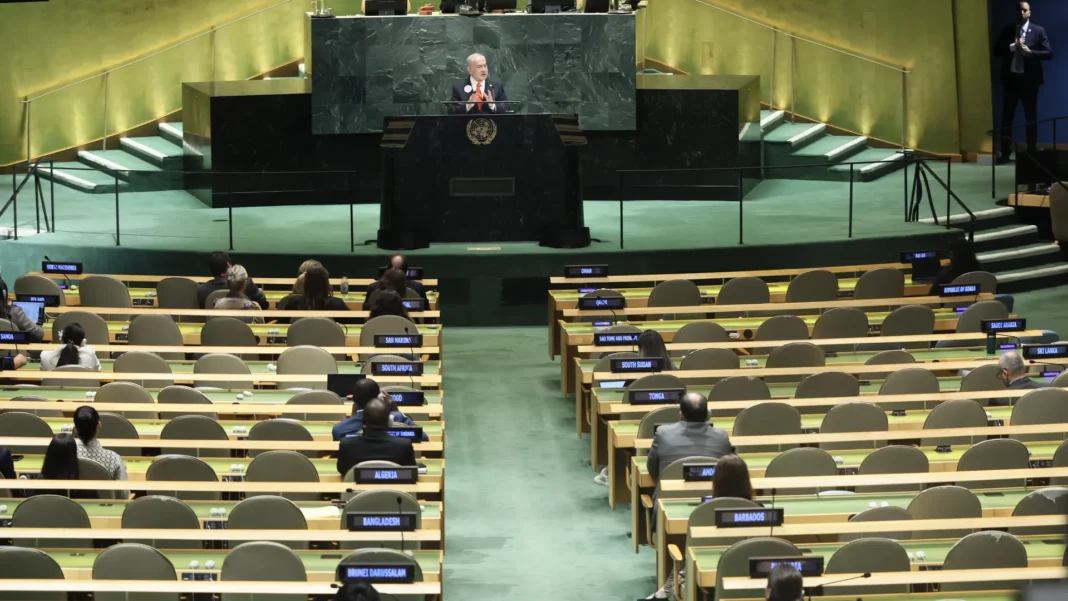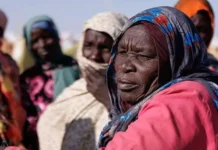Israel is facing mounting diplomatic and cultural isolation as its war in Gaza intensifies, with pressure spreading across trade, sport and the arts.
The backlash has accelerated since Israel launched a ground assault on Gaza City and carried out a strike on Hamas leaders in Qatar, moves that coincided with a landmark UN inquiry formally finding Israel responsible for genocide – a charge the government rejects.
The European Union, Israel’s largest trading partner, has proposed suspending parts of its free trade agreement, while several western nations, including France, Spain and the UK, have imposed arms embargoes.
Norway’s sovereign wealth fund, the world’s largest, has begun divesting from Israeli holdings. Earlier this month, Benjamin Netanyahu acknowledged that Israel is experiencing “a kind of isolation,” warning the country may have to rely more heavily on its domestic defence industry, though he later sought to downplay his remarks.
Cultural fallout has been swift. Broadcasters in Ireland, Spain and the Netherlands have threatened to boycott Eurovision 2026 if Israel participates. A Belgian festival cancelled a performance involving Israeli conductor Lahav Shani, and in Hollywood thousands of filmmakers and actors, among them Emma Stone and Olivia Colman, have pledged not to work with Israeli film institutions.
Sporting arenas have also become flashpoints. A stage of Spain’s La Vuelta cycle race was disrupted by pro-Palestinian demonstrators, Israeli chess players withdrew from a tournament after being barred from competing under their flag, and UEFA has faced calls to suspend Israel from European football.
At the United Nations General Assembly this week, Canada, France and the UK joined the growing list of states recognising Palestine. Analysts have likened Israel’s position to apartheid South Africa’s gradual transformation into a pariah, warning that its once secure base of allies is visibly shrinking.



















